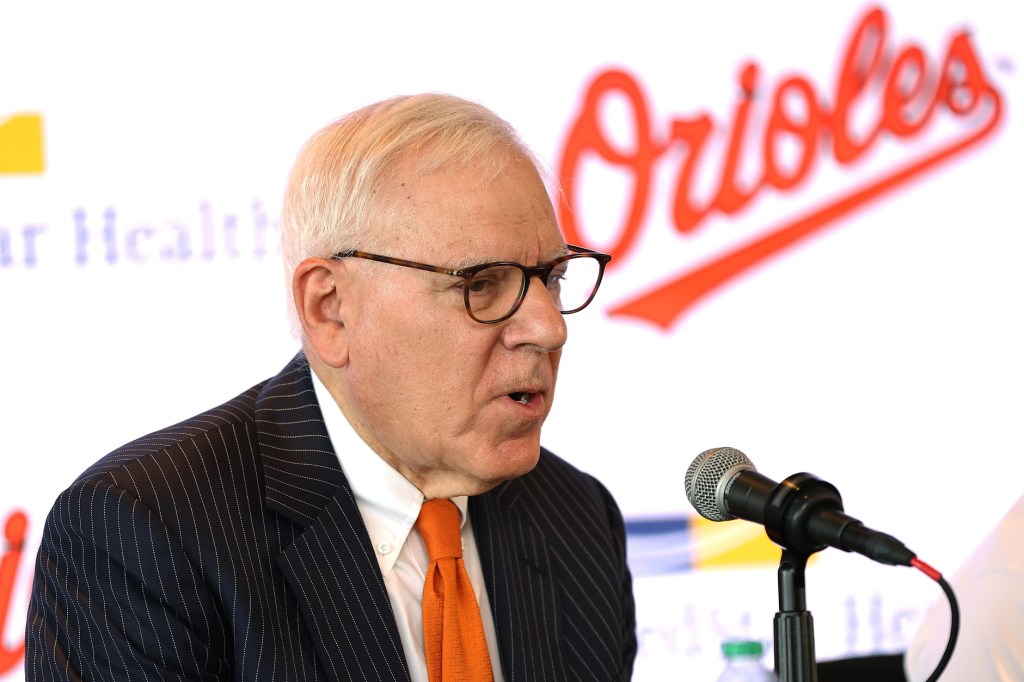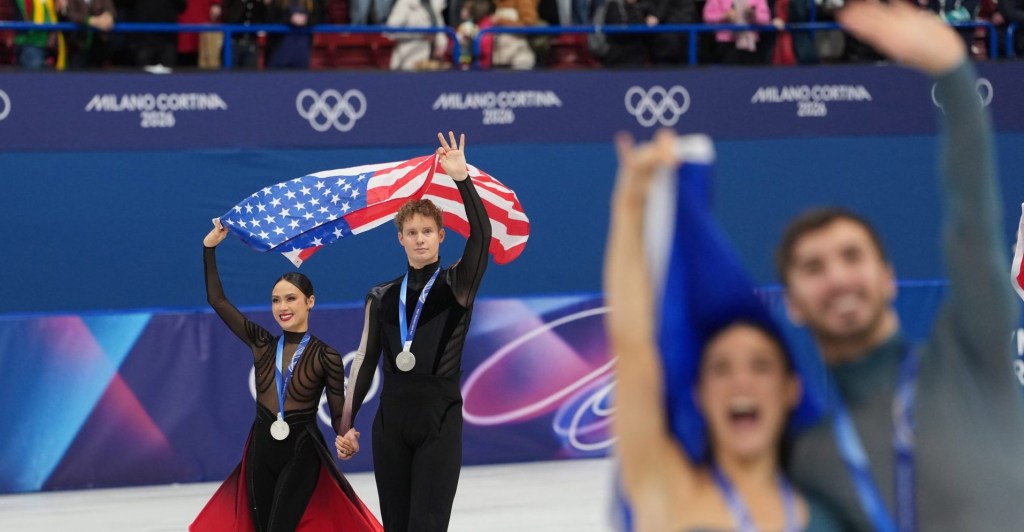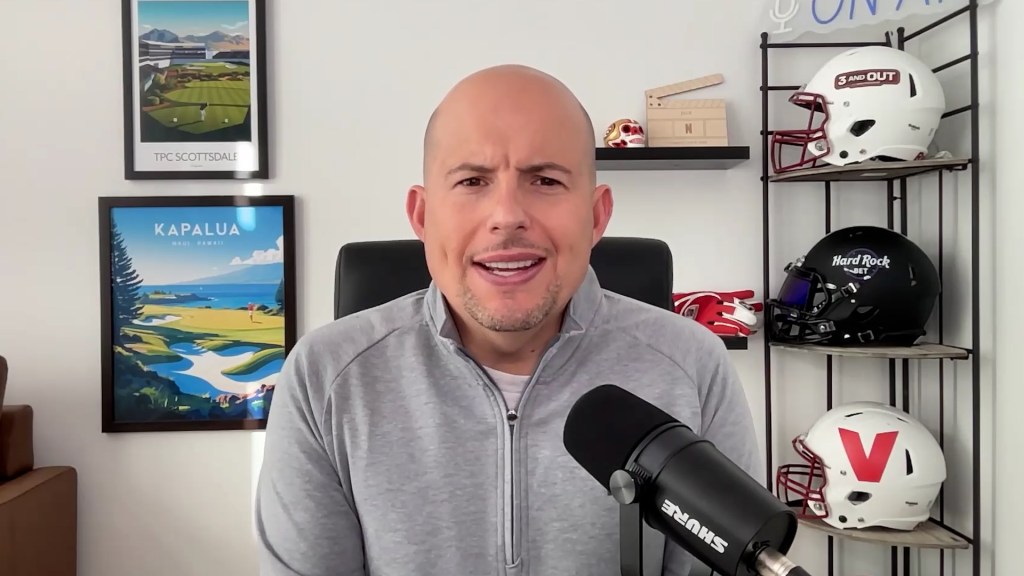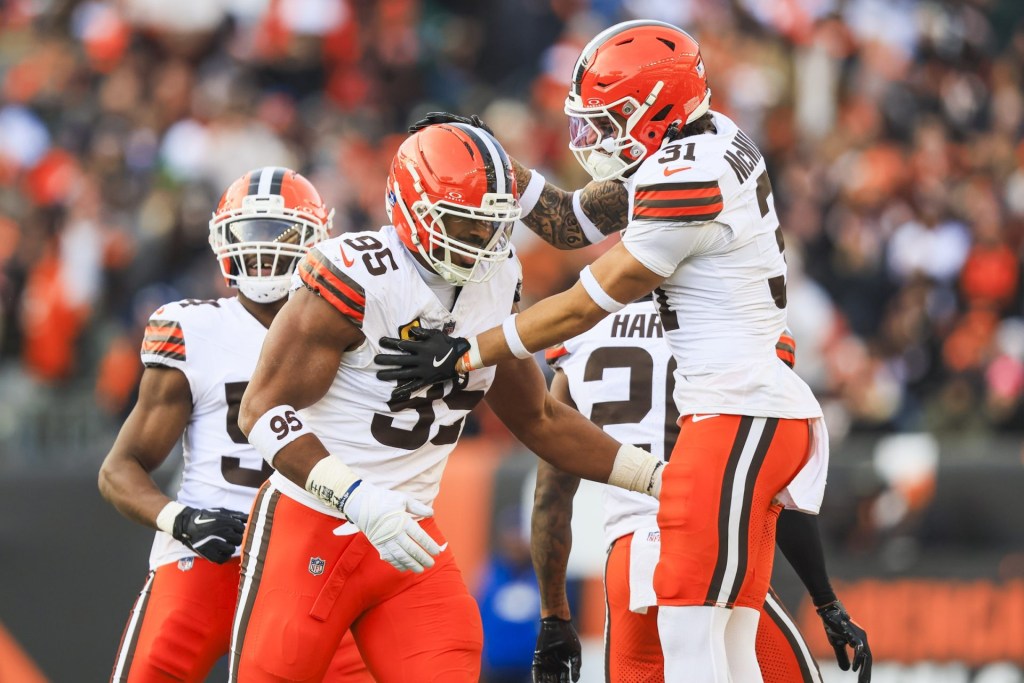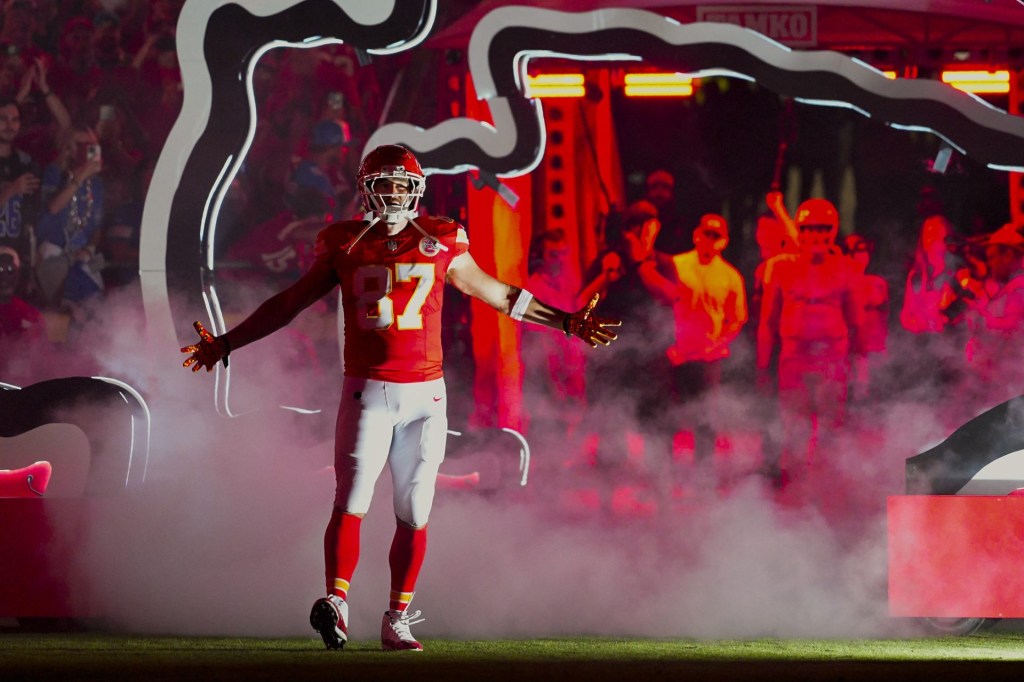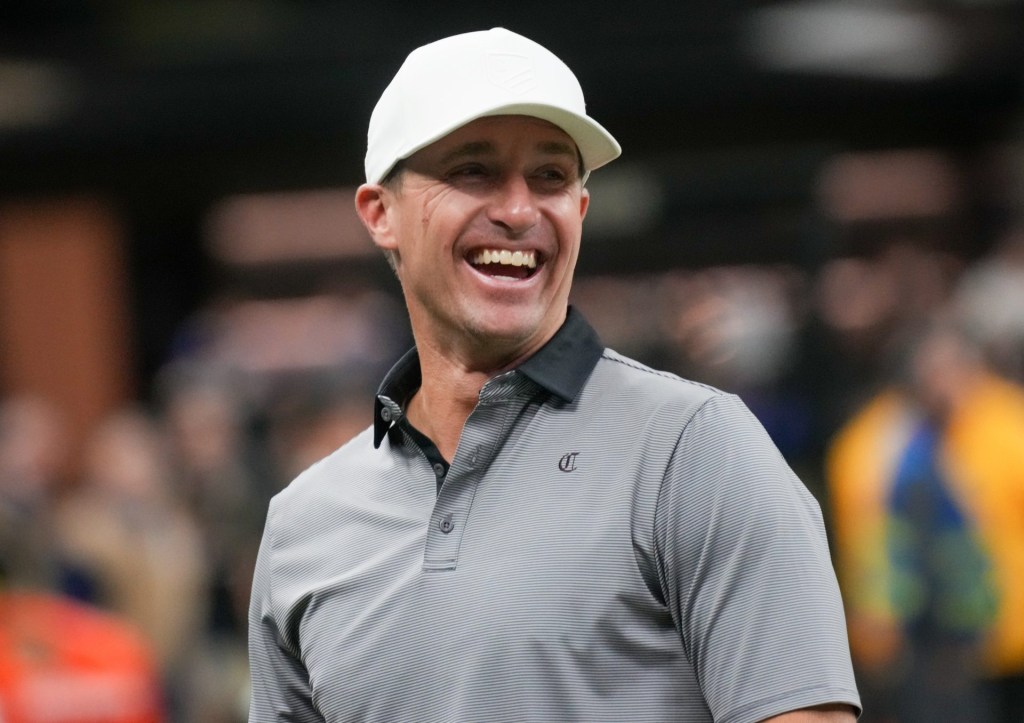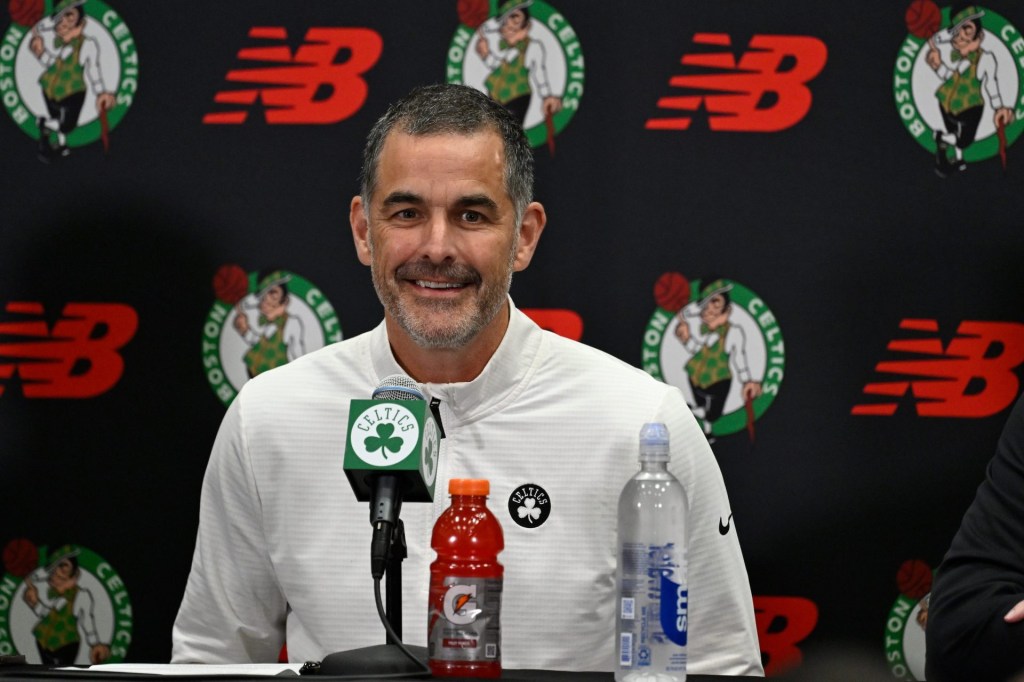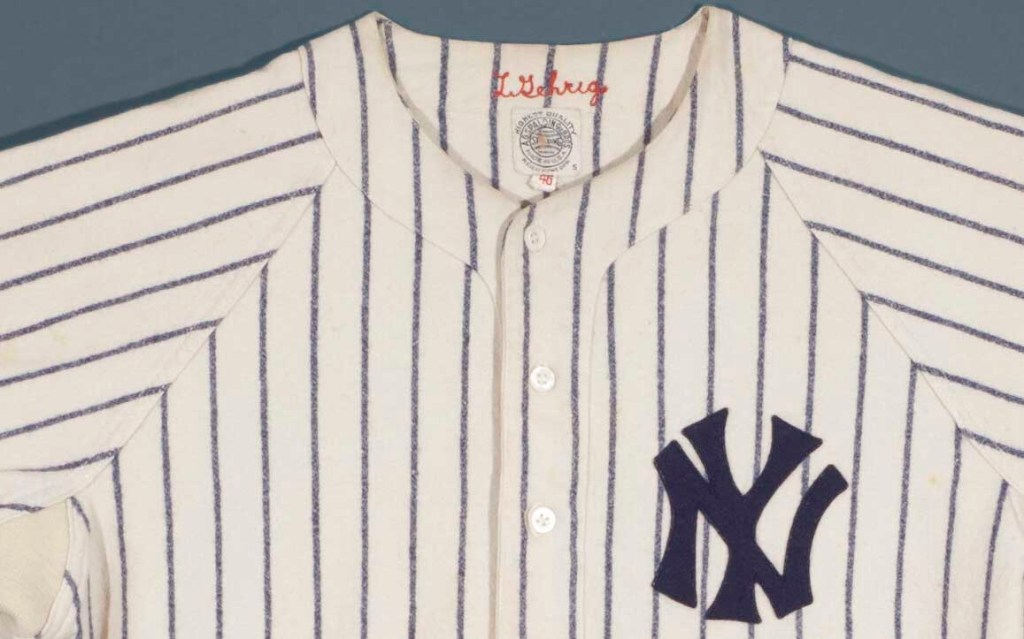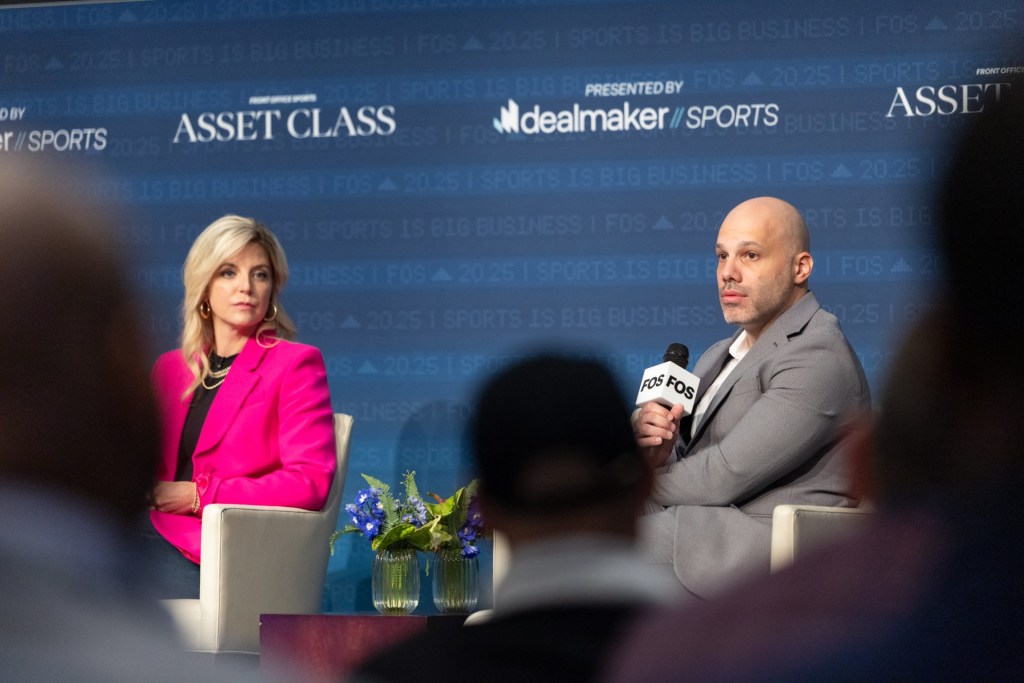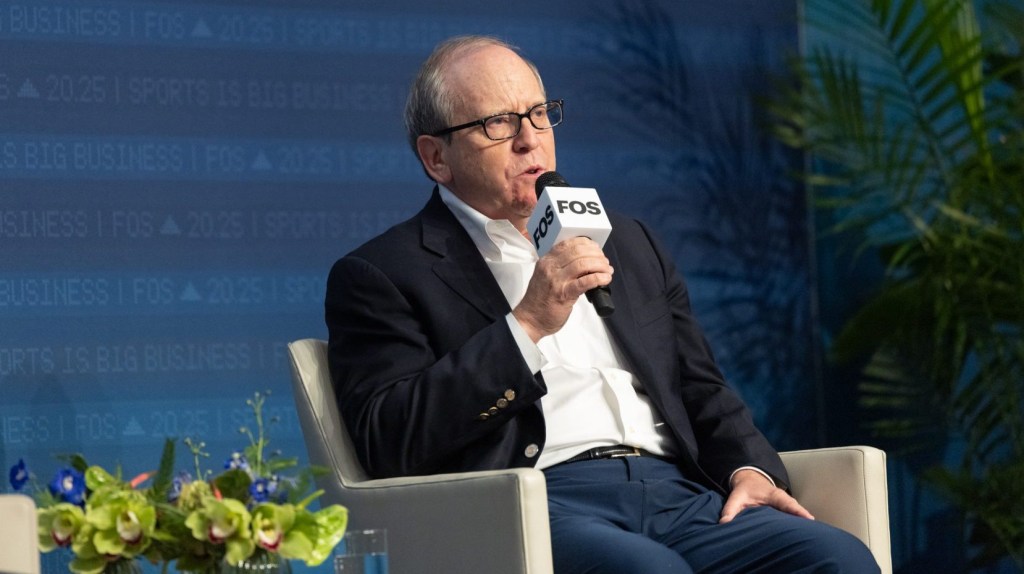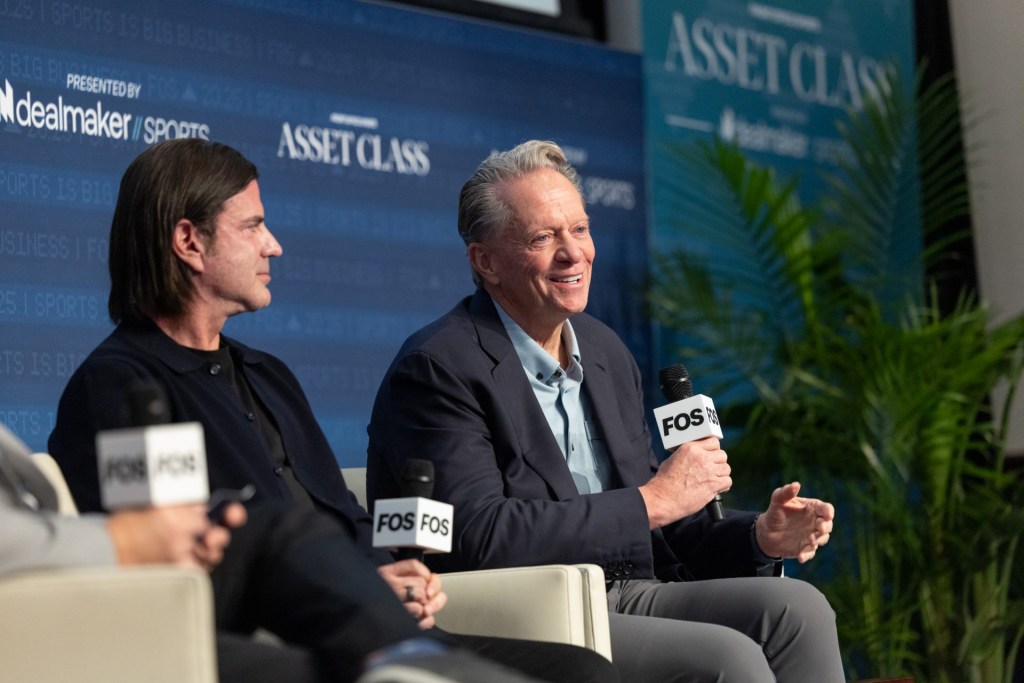The Twins have struggled to start the MLB season, attendance at Target Field is dramatically down, and Minnesota’s sale process has stalled over the Pohlad family’s asking price.
Ahead of Friday night’s matchup against the Braves in Atlanta, the team sits in fourth place in the American League Central division with a record of 7–12.
Even more notably, attendance at Twins home games has dwindled. The franchise announced Monday night’s game against the Mets drew 10,240 fans, although that figure refers to total tickets sold, not the actual number of fans in attendance. Even if all 10,240 fans were at the game, that figure represents the lowest official attendance in the 15-year history of Target Field—aside from games played with attendance restrictions during the COVID-19 pandemic, according to The Minnesota Star Tribune.
They’re averaging a little fewer than 18,000 fans per game this season, which is seventh-worst in the league. They’ve had fewer than two million total fans in attendance for each of the last four seasons. Before that, excluding the one season when there were COVID-19 restrictions, the Twins totaled at least two million fans in 13 of the prior 15 seasons.
The sluggish start comes as the Pohlad family, who bought the Twins for $44 million in 1984, is trying to sell the franchise they’ve owned for four decades. The patriarch, Carl Pohlad, died in 2009, at which point his son Jim took over the team. In 2022, Jim’s nephew, Joe Pohlad, assumed primary administrative duties while Jim remained the controlling owner.
The team was put up for sale in October and is working with Allen & Company on the process, which has been anything but smooth.
A representative for the Twins said the team is not commenting on the sale process other than acknowledging it is still ongoing. A representative for Allen & Co. did not immediately respond to requests for comment.
The Pohlads reportedly rejected a bid valuing the team at $1.5 billion, seeking a valuation of at least $1.7 billion. That desired price point is $50 million higher than the Twins’ valuation as calculated by Michael Ozanian at CNBC, who earlier this month said the Twins are worth $1.65 billion, 22nd out of the 30 total MLB teams.
The Pohlads are asking for a price that’s about in line with the value of the most recent MLB team sale. The Orioles were purchased last year by billionaire private equity executive David Rubenstein at a valuation of $1.725 billion.
The asking price gets complicated, however, considering the Twins reportedly have more than $425 million in debt. MLB enforces a debt service rule that is meant to ensure teams maintain fiscal stability. Debt must be approved by the league, and if the amount of debt rises too high, MLB can step in to offer emergency financial assistance. Specifics of the MLB debt rule are not public, and the league did not immediately respond to a request for comment.
“I haven’t heard anything about the Twins being in distress, so certainly, at least in the opinion of MLB, it seems to be within the realm of approved debt,” Irwin Kishner, co-chair of the sports law group at Herrick, Feinstein LLP, tells Front Office Sports.
Offers were originally due by April 1, but that deadline has reportedly been pushed back to the middle of next month because the Pohlads want to hit the $1.7 billion mark.
The issues surrounding the Twins have reportedly led to at least one potential suitor stepping aside. Mat and Justin Ishbia reportedly displayed interest in the Twins, although their situation was complicated because they own a stake in the White Sox, which presents a conflict under MLB ownership rules. In February, they dropped their pursuit and instead decided to increase their stake in the White Sox, according to The Athletic. The Twins were reportedly shocked by the Ishbia brothers’ decision to drop out.
Although reports said the brothers could eventually try to assume majority control of the White Sox from existing owner Jerry Reinsdorf, the team pushed back on that idea. The Ishbias also own the NBA’s Suns, which they purchased in December 2022 for $4 billion, with Mat as lead investor and Justin as a minority owner.
Carl Pohlad started his family fortune in the banking industry, and the family has since expanded its business into areas including investment management and commercial real estate. The Ishbias made their money through United Wholesale Mortgage. Mat is still president and CEO, and Justin is on the board.
Kishner believes that, despite the perceived challenges facing the Pohlads, they are likely going to “walk away with a nice chunk of change at the end of the day.”
“Any conversation should start with the general economic principle of supply and demand,” Kishner tells FOS. “There’s a very limited supply of professional sports teams. The Twins are a professional team and they have some significant history. I wouldn’t be surprised if they ultimately get the price they are thinking they deserve.”
There have been a number of other prospective buyers reported, including prominent Twins supporter Marty Davis, CEO of Minnesota-based quartz countertop company Cambria; Glen Taylor, the former Timberwolves owner who was just recently forced to surrender the NBA team following a drawn-out arbitration process that was initiated after he tried to renege on the $1.5 billion sale to a group led by Alex Rodriguez and Marc Lore; Jim Hays, founder of Minneapolis-based insurance brokerage Hays Companies; and a group that includes former Twins players Joe Mauer, Justin Morneau, and Torii Hunter.
Representatives for the Ishbias, Davis, Taylor, Hays, and Hunter did not immediately respond to requests for comment. Representatives for Mauer and Morneau could not immediately be reached.

